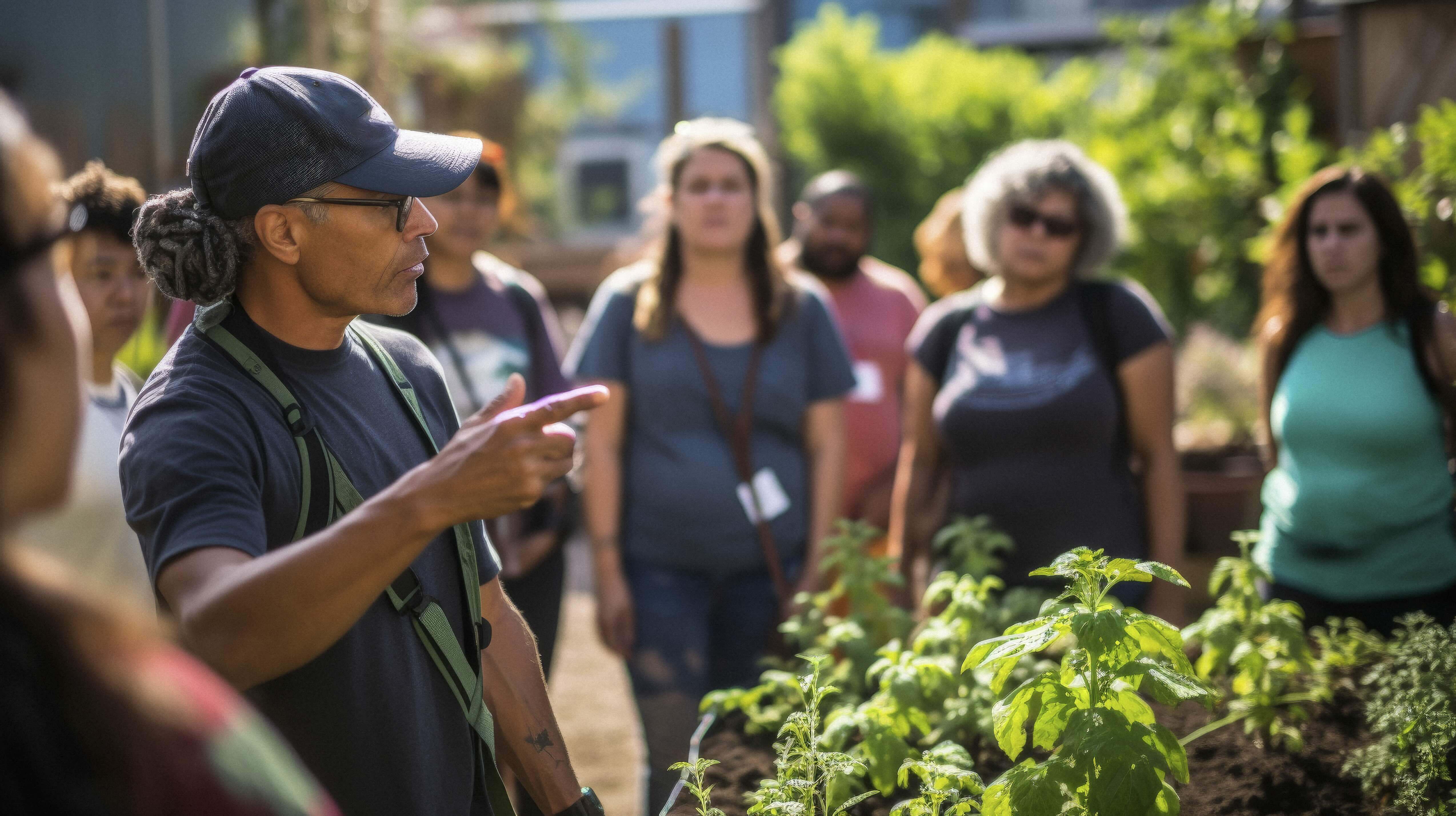Training materials
Our training modules on Agricultural Knowledge and Innovation Systems (AKIS) offer a comprehensive understanding of the complexities inherent in agricultural systems. We invite you to explore the challenges facing modern agriculture, delve into the dynamics of AKIS ecosystem, and learn the importance and process of diagnosing AKIS for effective problem-solving.

Module 1: The need for systems approaches in agriculture and interrelated fields
Module 1, "The Need for Systems Approaches in Agriculture and Interrelated Fields," introduces the importance of using systems thinking to address modern agricultural challenges. In 25 minutes, you'll learn about the components of a system, the concept of systems thinking, and how this approach can help tackle complex problems in agriculture and related fields.

Module 2 (Part 1): Understanding the AKIS as a system
Module 2 Part 1, "Understanding the AKIS as a System," covers the Agricultural Knowledge and Innovation System (AKIS) and will take around 25 minutes to complete. By the end, you will be able to define AKIS, identify its key actors, and describe the relationships between these actors.

Module 2 (Part 2): Understanding the AKIS as a system
In Module 2 Part 2, you'll delve deeper into the Agricultural Knowledge and Innovation System (AKIS) by examining examples of subsystems within AKIS, their functions, and the concept of an AKIS boundary. This 25-minute module will also explain the environment that surrounds AKIS and its significance.

Module 3: Diagnosis of the AKIS
In this module, you'll explore the importance of diagnosing the Agricultural Knowledge and Innovation System (AKIS). An AKIS diagnosis is like a health check-up, identifying the system's structure and challenges. Aimed at AKIS coordination bodies, researchers, and advisors, the module outlines the diagnostic process, helping actors understand how the system functions and how knowledge exchange and co-production can address issues.

Module 4: Interactive Innovation
Module 4 introduces the concept of interactive innovation in the context of agricultural knowledge and innovation systems. You will learn about the importance and potential benefits of interactive innovation. After completing the module, you should be able to identify the role of the key actors in the interactive innovation process.

Module 5: Achieving a well-functioning AKIS
Module 5 explores what is needed for successful AKIS governance. It explores what is needed to achieve a well-functioning AKIS including various governance methods that promote knowledge sharing, the functions of Coordination Bodies and the key capacities required for successful AKIS governance.

Module 6: Monitoring & Evaluation of the AKIS
Module 6 explores the concepts of monitoring, evaluating and assessing the AKIS. It explains how different monitoring and evaluating activities support decision-making about AKIS organisation and functioning. Completing this module will enable you to select appropriate AKIS assessment types for specific situations, outline approaches and methods for AKIS monitoring and evaluation and describe how evaluation results inform decision-making.

